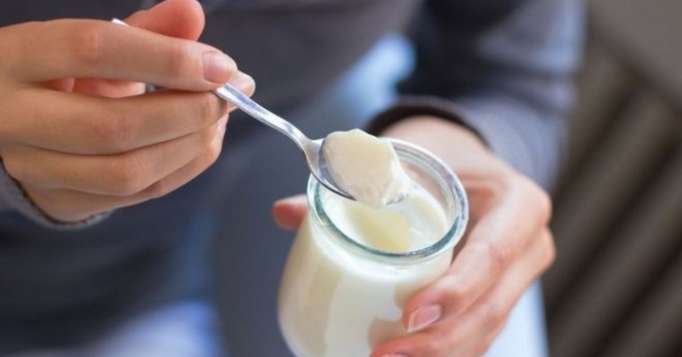Shoppers would probably underestimate how much sugar was in organic products through a “health halo” effect, researchers claimed – assuming such items were healthier due to their organic status.
An analysis of 921 different yoghurts found organic varieties had higher sugar content even than flavoured and fruit yoghurts, according to a study published in journal BMJ Open.
Fewer than one in 10 of all products, or 9 per cent, and 2 per cent of children’s yoghurts were classed as low in sugar.
Under the traffic lights nutritional labelling system, products with less than than 5g of sugar per 100g can be given the green rating, while those with 22.5g per 100g are considered high in sugar.
Yoghurts do contain naturally occurring sugar, called lactose, yet UK labelling laws do not require manufacturers to declare added sugars, the authors said.
The researchers, from the University of Leedsand University of Surrey, said an effort to change ingredients to reduce sugar was “warranted” after analysing products at five major supermarkets in October to November 2016.
Organic yoghurts typically had 13.1g of sugar per 100g, the highest content of all eight categories of the food, while natural or Greek varieties had the lowest at around 5g. Flavoured yoghurts had 12g and fruit versions 11.9g.
Dr Moore, of the University of Leeds, added: “While there is good evidence that yoghurt can be beneficial to health, products on the market vary widely in nutrient content.
“Items labelled organic are often thought of as the ‘healthiest’ option, but they may be an unrecognised source of added sugars in many people’s diet.”
Children’s yoghurts typically contained 10.8g per 100g, the equivalent of more than two sugar cubes, the study found.
The NHS recommends that children aged between four and six have no more than 19g of sugar, or five sugar cubes a day, and it is advised that those aged seven to 10 years old consume less than 24g daily.
Dr Barbara Fielding, study co-author from the University of Surrey, said: “In the UK, on average, children eat more yoghurt than adults, with children under three years old eating the most.
“It can be a great source of protein, calcium, and vitamin B12.
“However, we found that in many of the yoghurt products marketed towards children, a single serving could contain close to half of a child’s recommended daily maximum sugar intake.
Public Health England (PHE) wants the food industry to reduce the sugar content of yoghurts and fromage frais, along with other products, by 20 per cent by 2020.
A progress report published in May showed sugar content in yoghurts was reduced by 6 per cent in the first year, making it the only food category to exceed the initial 5 per cent target.
Dr Alison Tedstone, chief nutritionist at PHE, said: “The food industry has a key role to play in reducing the amount of sugar we buy and consume.
“Based on more recent data than in this study, we have seen positive steps ... and hope to see further progress when we publish our next report in 2019.”
The Independent
More about: yoghurts
















































